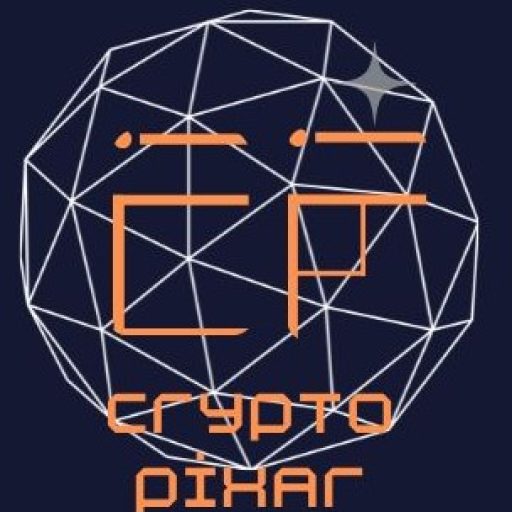Elon Musk introduces Grokipedia, an AI-powered encyclopedia built on open-source technology that challenges Wikipedia’s editorial model by letting AI make the final call on content accuracy.
Elon Musk’s bold move into the AI knowledge race
Elon Musk has officially unveiled Grokipedia, a groundbreaking AI-driven encyclopedia that promises to reshape how digital knowledge is curated. The platform is designed as an open-source alternative to Wikipedia and aims to establish what Musk calls “truth, the whole truth and nothing but the truth.” Grokipedia is built around Grok, the artificial intelligence that powers X’s conversational engine, giving the platform a unique edge in how it creates, edits, and manages information.
How Grokipedia challenges the Wikipedia model
Musk’s Grokipedia is more than just another digital encyclopedia. It’s a direct challenge to the editorial model that has defined Wikipedia for over two decades. While Wikipedia relies on community editors and moderators, Grokipedia places Grok AI at the center of content curation. The system allows users to submit or request edits, but it is the AI that decides whether those changes align with verified facts and overall integrity.
According to Musk, Grok generated nearly one million articles before launch using extensive computing resources. The AI’s ability to write, evaluate, and fact-check content in real-time could drastically reduce human bias or, depending on perspective, introduce a new form of machine bias. Musk insists that Grokipedia will be entirely open source, meaning anyone can inspect its code, use its data, or even build on top of it freely.
The launch wasn’t without turbulence. Grokipedia temporarily crashed shortly after going live due to heavy traffic and backend adjustments. Musk later explained that the team delayed the initial rollout to remove what he described as “propaganda” from the system. The platform now hosts over 885,000 articles and continues to expand daily.
AI gets the final word on truth
One of Grokipedia’s most talked-about features is that Grok AI has the final say in editorial disputes. Users can submit changes or challenge entries, but the AI evaluates the data, determines context, and makes the ultimate call. If a request is rejected, the system provides an explanation outlining why the modification does not align with verified information.
This AI-first approach could transform the way information is maintained online. Musk argues that Grokipedia’s model ensures consistency and transparency, unlike human-edited systems that may reflect ideological or cultural biases. However, critics have voiced concern that Grokipedia could lean toward Musk’s own worldview, creating what some describe as a right-leaning counterpart to Wikipedia’s perceived leftward tilt.
An early comparison between articles illustrates these differences. The Grokipedia entry on George Floyd reportedly highlights his criminal record, while Wikipedia emphasizes that he was killed by a police officer. Similarly, Grokipedia’s article on Wikipedia cites academic studies claiming editorial bias, whereas Wikipedia’s entry on Grokipedia references allegations that the new platform promotes far-right narratives.
A new frontier for open-source AI knowledge
Grokipedia represents Musk’s broader vision for a transparent, AI-driven internet. By keeping the project open source, Musk hopes to attract researchers, developers, and educators who want to experiment with new models of digital knowledge. The integration with Grok AI also gives Grokipedia a unique advantage — its capacity to adapt, learn, and refine articles based on evolving data rather than static human revisions.
The project fits neatly within Musk’s broader ecosystem of X, Tesla, Neuralink, and xAI, where artificial intelligence serves as the unifying foundation. If successful, Grokipedia could become not only an encyclopedia but also a benchmark for how AI systems interact with factual information.
Still, questions remain about oversight, accountability, and transparency. While open source offers visibility, the mechanisms by which Grok determines what constitutes “truth” are still being explored. Musk acknowledges that Grokipedia won’t be perfect but insists that the goal is relentless progress toward objectivity.
As the internet continues to grapple with misinformation and polarization, Grokipedia could set a new precedent one where algorithms, not committees, arbitrate the boundaries of truth. Whether that represents the evolution of knowledge or a new form of control remains to be seen.
Also Read:
Disclaimer: Parts of this article were generated with the assistance from AI tools and reviewed by our editorial team to ensure accuracy and adherence to our standards.








